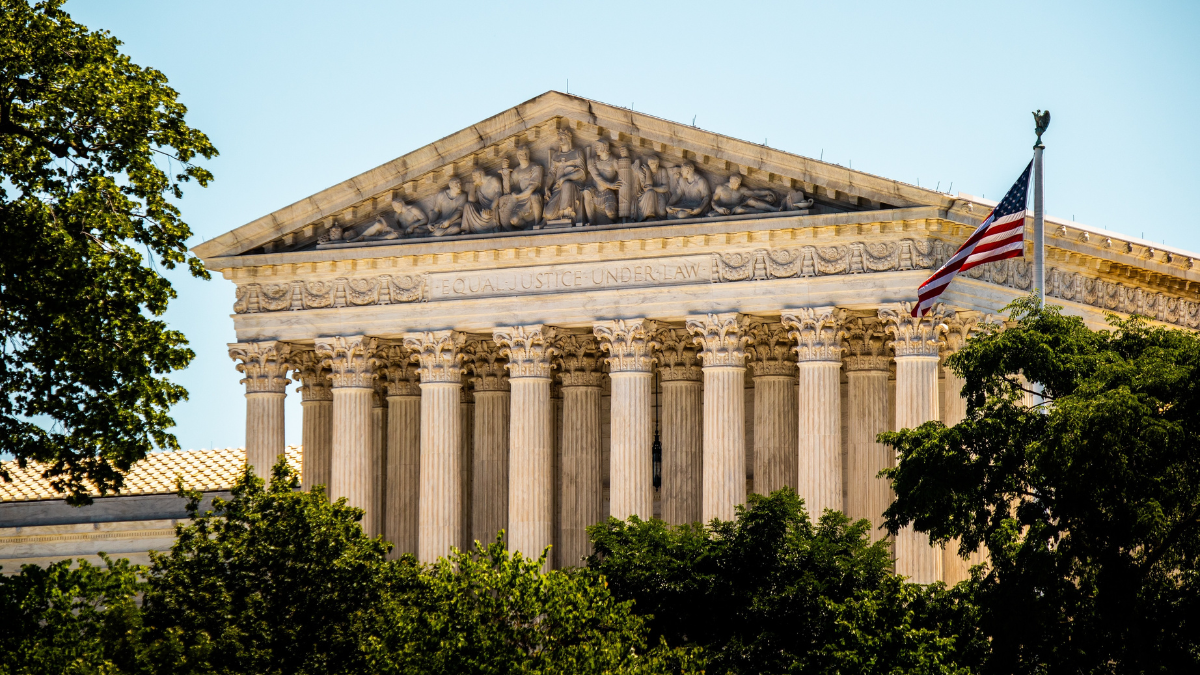

Two Court Cases and Their Consequences
The idea that people can freely craft their identity independent from nature, science, and reality is behind so much of the moral confusion of the last few years.
06/29/23
John Stonestreet and Timothy D Padgett

This week is the anniversary of two dark and pivotal cases in U.S. Supreme Court history. In June 2013, the high court ruled in United States v. Windsor that the Defense of Marriage Act of 1996 violated Due Process. This essentially made the 2015 Obergefell v. Hodges judgment, which redefined millennia of law on marriage, inevitable.
Justice Anthony Kennedy unwittingly defined our chaotic age in the majority opinion for Obergefell when he declared, “The Constitution promises liberty to all within its reach, a liberty that includes certain specific rights that allow persons, within a lawful realm, to define and express their identity.”
This idea—that people can freely craft their identity independent from nature, science, and reality—is behind so much of the moral confusion of the last few years. But it has certainly not led to the “liberty” that Justice Kennedy promised. This is the opportunity for Christians to point not only to an abstract moral position, but to reality itself and to the God who made it.
Topics
Defense of Marriage Act
Freedom
Justice
Law
Liberty
Marriage and Family
Obergefell v. Hodges
Supreme Court
United States v. Windsor
Have a Follow-up Question?
Up
Next

Related Content

© Copyright 2020, All Rights Reserved.













